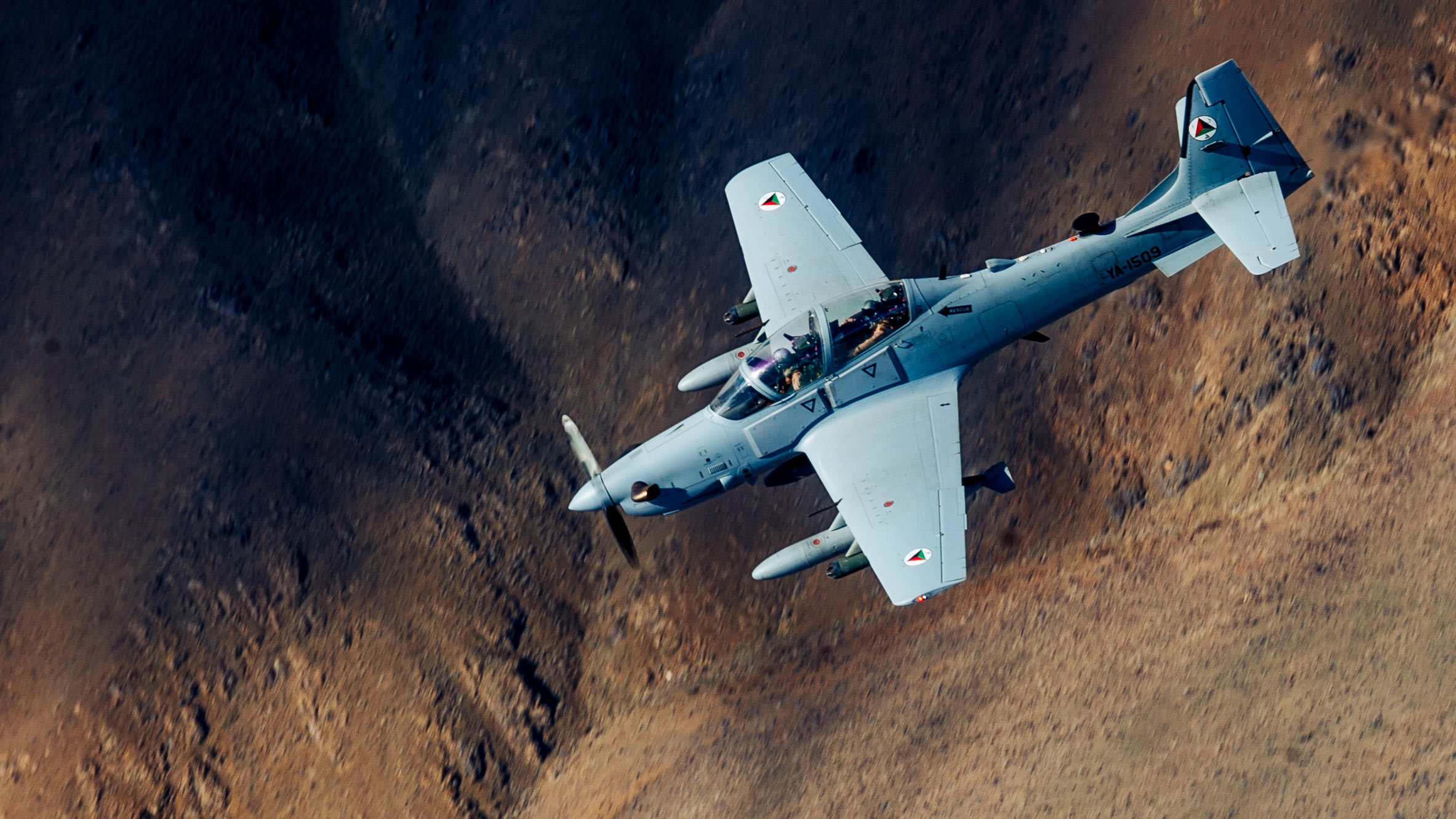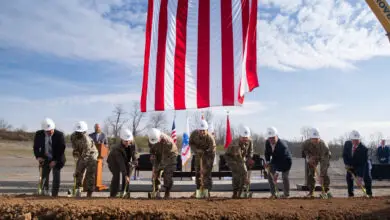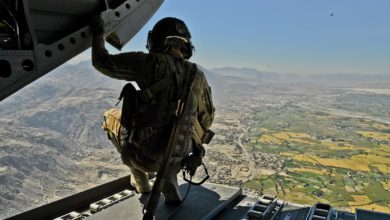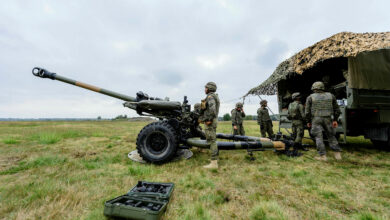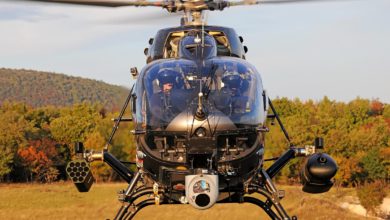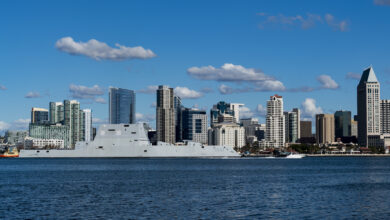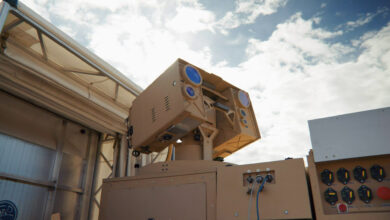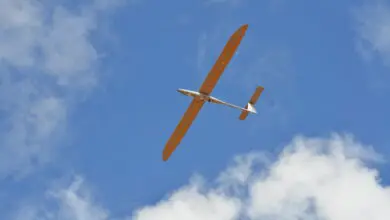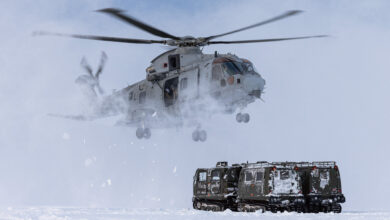US Air Force awards Sierra Nevada $1.8 billion Afghanistan A-29 Super Tucano contract
Sierra Nevada has been awarded a potential $1.8 billion contract for the procurement and sustainment of A-29 Super Tucano light attack aircraft for Afghanistan’s air force, the U.S. Department of Defense said in a release.
The company was “awarded a ceiling $1,808,000,000 indefinite-delivery/indefinite quantity contract for potential procurement, sustainment, modifications, ferry, and related equipment for the A-29,” the Tuesday, September 4 release said.
U.S. A-29s are built in Jacksonville, Florida in a partnership between Sierra Nevada Corporation and Brazil’s Embraer.
Work will be performed at Moody Air Force Base, Georgia, and at Kabul, Kandahar, and Mazar-i-Sharif Air Bases in Afghanistan, and is expected to be completed by December 31, 2024.
“This contract [FA8637-18-D-6003] is funded by appropriated Afghanistan Security Forces funds,” the release said, adding that the U.S. Air Force Life Cycle Management Center is the contracting activity.

The release did not specify how many A-29s may be ordered under the contract, but according to the Special Inpector General for Afghan Reconstruction’s July report to the U.S. Congress, the unit cost of aircraft supplied to Afghanistan have a unit cost of $27 million.
In April, two A-29s were delivered to the U.S. Air Force for its Afghanistan Program, five months earlier than expected.
The SIGAR report said that the AAF inventory included 20 A-29s with one unavailable, and that the service had 18 Super Tucano pilots, including 15 flight leads, and three wingmen. Five AAF A-29 pilots are qualified instructor pilots.
SIGAR did not specify how many A-29s were in Afghanistan.
In October, The U.S. Air Force ordered six additional A-29 Super Tucano aircraft for the Afghan Air Force, bringing to 26 the total number of planes to be supplied under the Afghanistan Program at the time. Then, 12 aircraft were in the country and available for AAF use. Another seven were being used for pilot training at Moody Air Force Base, Georgia. One further A-29 crashed during training in March 2017 and has not yet been replaced.
By April, Afghan Air Force Super Tucanos light attack aircraft were conducting one third of all airstrikes, five of the 15 carried out in the country each day, the Afghan defense ministry said at the time.
The AAF first conducted airstrikes using the A-29 in April 2016, and on March 22, a GBU-58 laser-guided bomb was deployed against a Taliban target in western Afghanistan, the first time an Afghan Air Force A-29 used a laser-guided bomb in combat.

A flexible air platform for counter-insurgency
The A-29 is a durable and flexible aircraft designed for counter-insurgency and close air support roles. It can also be used for reconnaissance missions in low-threat environments and for pilot training, and is capable of operating from unimproved runways.
The aircraft is equipped with advanced avionics, an electro-optical, infrared and laser targeting system, as well as communications and datalinks to enhance its combat capability.
The Super Tucano is relatively cheap to buy, fly and maintain, costing around $18 million each depending on configuration and about $1,000 per flying hour, according to The Diplomat. It is powered by a variant of the world’s most popular turboprop engine – the Pratt & Whitney Canada PT 6 – rather than a jet.
According to Sierra Nevada, the A-29 Super Tucano has been selected by 14 air forces on three continents and has logged more than 320,000 flight hours and more than 40,000 combat hours.
In June, four A-29 Super Tucano were formally handed over to Lebanon by the United States, two months ahead of schedule, completing an order of six planes.
In December, Nigeria said the U.S. had agreed to sell 12 A-29 aircraft for the Nigerian Air Force, and in November, the Philippines ordered six Super Tucanos as part of the Philippine Air Force’s ongoing modernization plan.

